Orcas, or killer whales, and great white sharks are apex predators that rule the oceans. However, the answer might surprise you when it comes to which of these sea creatures is more dangerous. Orcas, often seen as intelligent and social marine mammals, are considered more formidable than great whites for various reasons. This article delves into the fascinating world of orcas and uncovers the twelve compelling reasons they are more dangerous than their shark counterparts.
Reason 1 Intelligence and Complex Social Structures
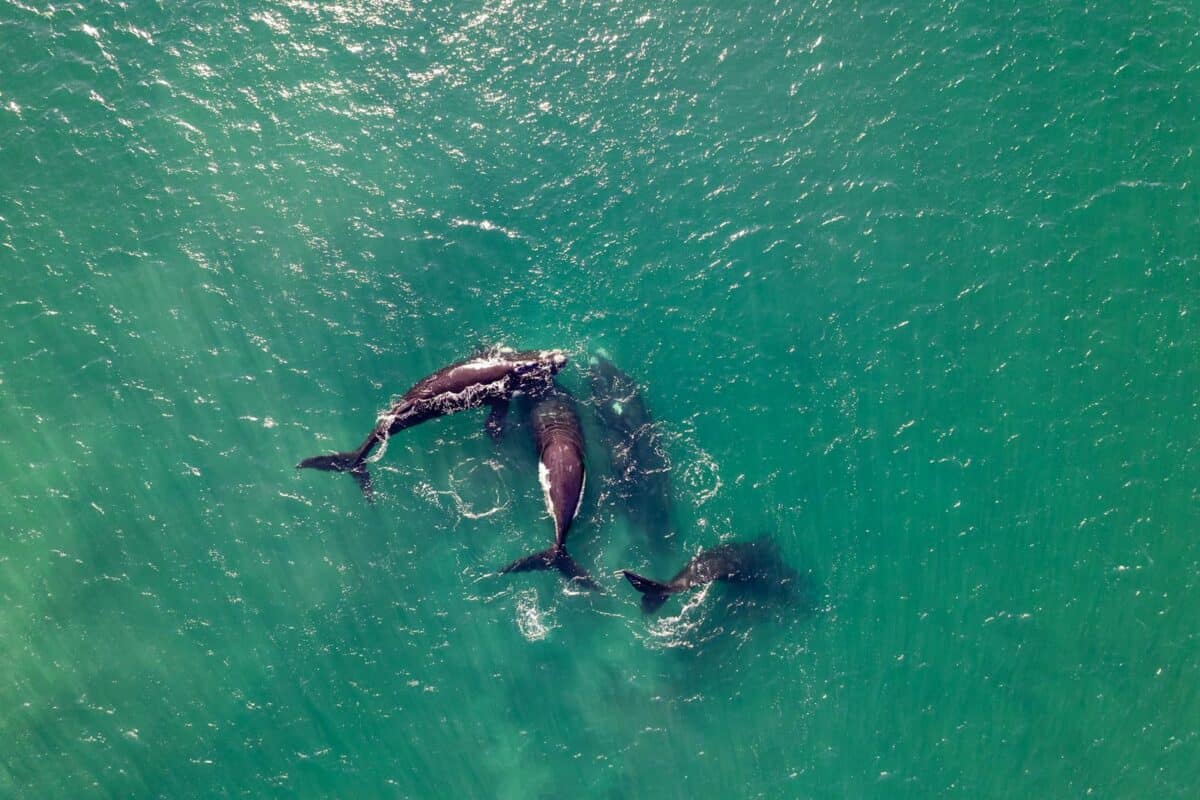
Orcas are known for their high intelligence, which surpasses many other marine animals, including great white sharks. Their brains are complex and capable of sophisticated thought processes. Part of what makes orcas so dangerous is their ability to work in pods, or family groups, using coordinated hunting strategies that exhibit a high level of organization and planning.
Reason 2 Strategic Hunting Techniques
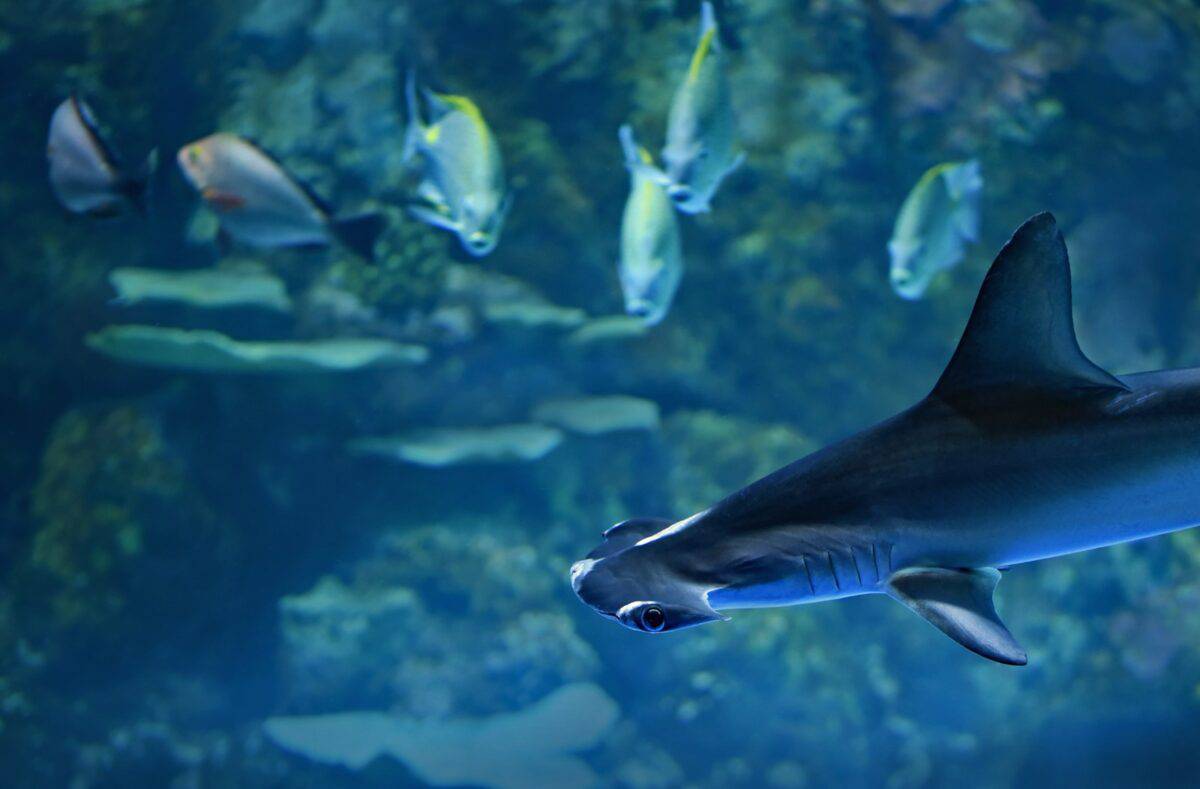
Unlike great white sharks, which often rely on ambush tactics, orcas engage in strategic hunting methods. They use their intelligence to outwit prey, including knocking seals off ice floes or creating waves to wash them into the water. This strategic approach not only demonstrates their intelligence but also makes them formidable predators.
Reason 3 Diverse Diet

Orcas possess a diverse diet, consuming a wide range of prey from fish and squid to marine mammals like seals and even other whales. This adaptability enhances their survival and dominance in various marine environments, giving them a predatory edge over great white sharks, whose diet is primarily fish and seals.
Reason 4 Speed and Agility

Orcas can reach speeds of up to 34.5 mph (56 km/h), making them incredibly swift swimmers. This speed, combined with their agility, allows them to overpower and outmaneuver their prey, including the faster, albeit less agile, great white sharks.
Reason 5: Echolocation Capabilities

While great white sharks rely mainly on smell and sight, orcas use echolocation to navigate and locate prey. This sonar-like ability allows them to hunt efficiently even in murky or dark waters, rendering them a threat in environments where sharks might struggle.
Reason 6 Cultural Knowledge Transfer
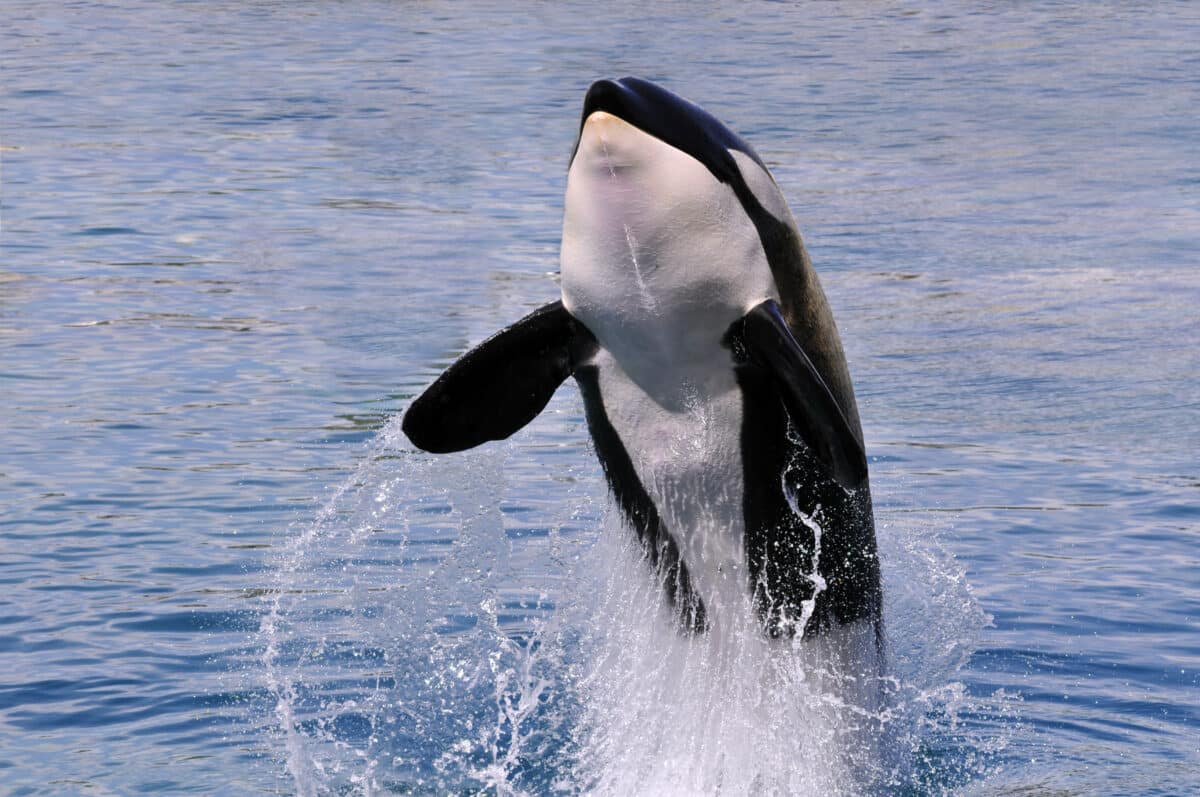
Orcas share knowledge across generations, teaching young members of the pod how to hunt and navigate the ocean. This cultural transmission ensures the survival of hunting techniques and strategies, which remain effective and sophisticated, unlike great white sharks that rely more on instinctual behavior.
Reason 7 Physical Strength and Size

Pound for pound, orcas are stronger than great white sharks. On average, male orcas can weigh up to 11 tons, significantly larger than the 2.5-ton average of great white sharks. This size advantage translates to greater physical power, which they utilize in hunting and defense.
Reason 8 Apex Predator Status

Orcas have no natural predators and are at the top of the ocean food chain. Even other formidable marine creatures, including great whites, can fall prey to orcas. This apex status makes orcas particularly dominant in the maritime ecosystem.
Reason 9 Complex Vocalizations
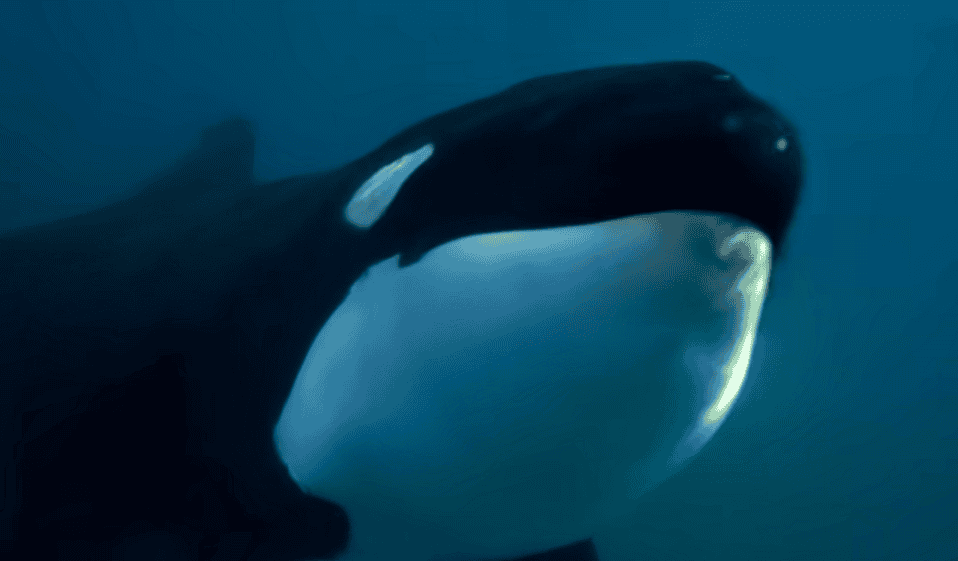
Orcas possess sophisticated vocal communication abilities, using a range of clicks, whistles, and calls to interact within pods and coordinate group activities like hunting. This communication proficiency enhances their social bonds and hunting success.
Reason 10 Global Presence

Orcas inhabit all the world’s oceans, from the icy Arctic and Antarctic regions to temperate and tropical seas. This broad distribution allows them to thrive in diverse environments, providing more opportunities for predation than the more localized habitats of great white sharks.
Reason 11 Longevity and Life Experience
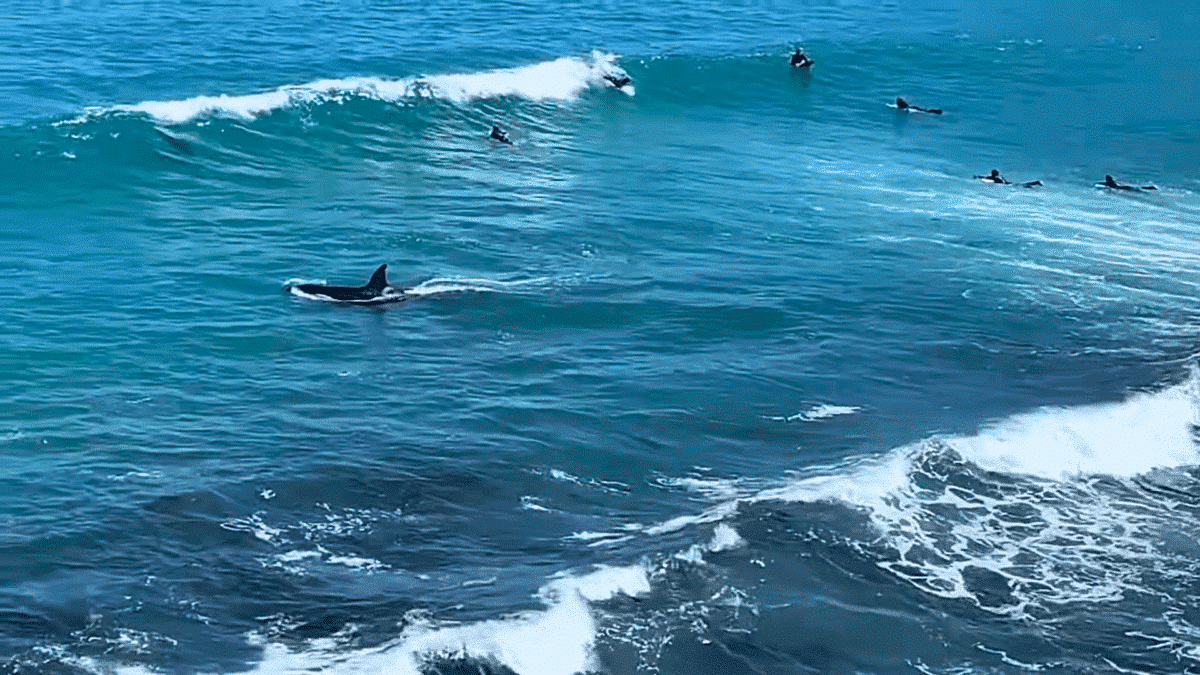
Orcas have long life spans, with some individuals living over 90 years. This longevity allows them to gain extensive experience and knowledge, both of which contribute to their success and danger as predators over time, contrasting with the shorter life expectancy of great white sharks.
Reason 12 Versatile Hunting Groups
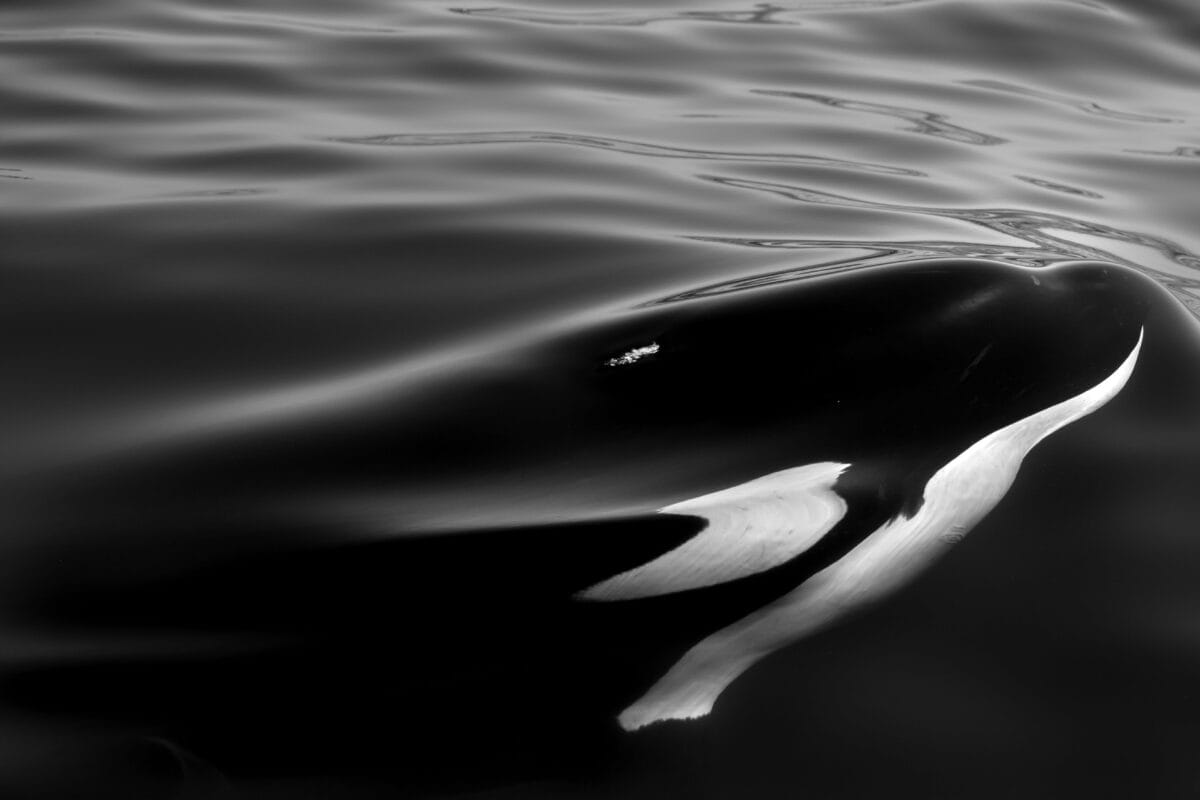
Orcas can modify their groups to adapt to different hunting scenarios. Whether traveling in large pods or breaking into smaller groups, they maintain flexibility in their hunting approaches, maximizing their efficiency and success in capturing prey.
Conclusion

While great white sharks are notorious for their fierce reputation, orcas outshine them in terms of danger and predatory prowess. Their intelligence, social structures, adaptability, and advanced hunting strategies give them an unparalleled edge. Understanding these remarkable creatures aids in appreciating the complex dynamics of ocean ecosystems and underscores the importance of preserving these amazing animals as vital components of marine life.
- 12 US States Where Wolves Are Making a Comeback - August 13, 2025
- 10 Most Dangerous Hiking Trails in the US - August 13, 2025
- 12 Creatures That Glow in the Dark and Why It Helps Them Survive - August 13, 2025

